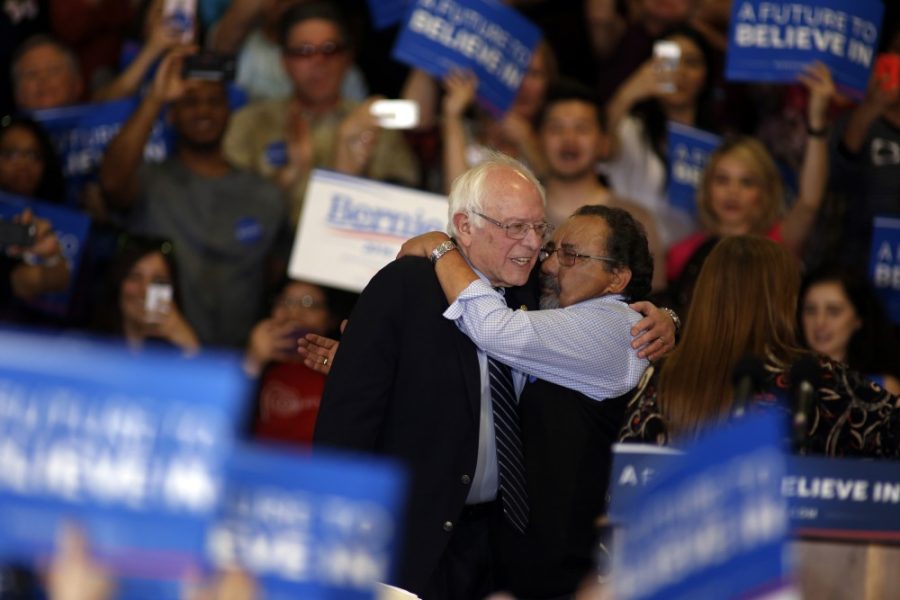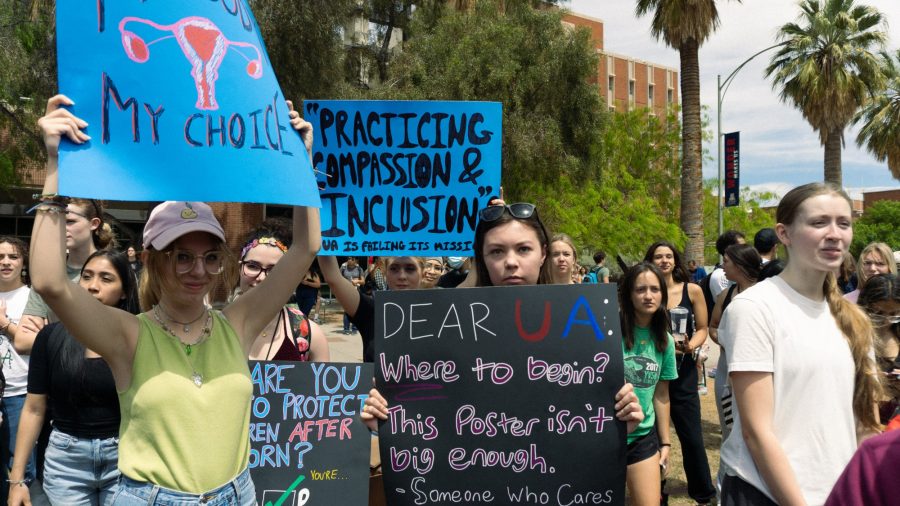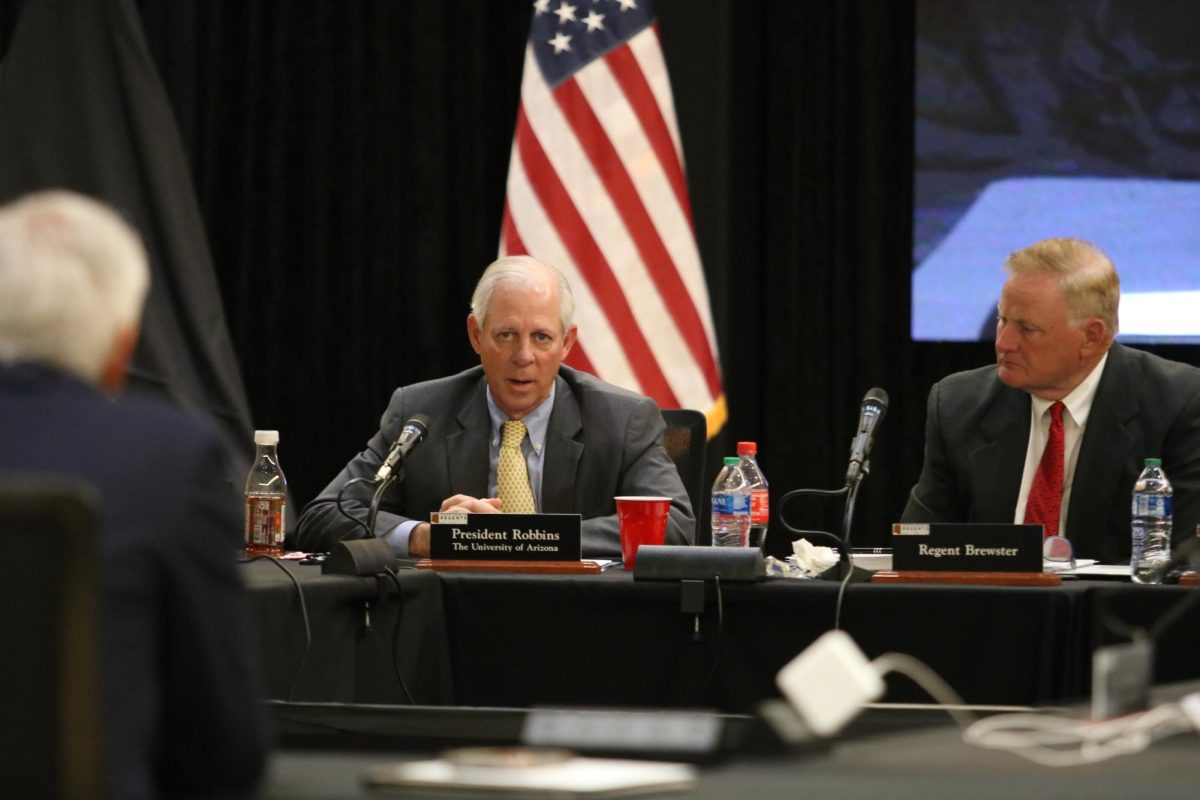On Saturday, Democratic presidential candidates Hilary Clinton and Sen. Bernie Sanders took to South Carolina to battle it out in the polls for a chance to win over voters. In a clean sweep of the Palmetto State, exit polls show a clear win of Clinton over Sanders.
The South Carolina primary election marks the fourth contest that the two candidates have faced against each other, and the last before Super Tuesday.
Tonight’s primary had 53 delegates at stake, and Super Tuesday will have around 252 Democratic delegates at stake between the 13 states participating.
The four issues voters are most concerned about are job creation, healthcare, national security and government spending. Other issues that voters had in mind during the South Carolina primary ranged from climate change to religious and moral values, The State polls reported.
An hour before voting closed, Clinton was predicted to be the clear winner with a lead of at least 50 points over Sanders, according to polls gathered by CNN.
This primary proved to be a big state for minority voters, with black voters making up about six in ten voters, and 84 percent of those voters backed the Clinton campaign, CNN polls reveal.
Clinton’s win is opposite of her previous campaign, in which she had won New Hampshire and lost Nevada and South Carolina.
In her victory speech, Clinton thanked her team and rallied her supporters to tackle education obstacles.
“Let’s break down the barriers that stop our children from getting the best support in life, let’s break down the barriers that hold back our young people, especially the student debt,” Clinton said. “We have to face the reality of systemic racism … [which] still plays a role in America on who gets ahead and who gets left behind.”
Sanders released a statement only minutes after his opponent’s win, in which he had congratulated Clinton and looked toward the upcoming elections on Super Tuesday.
“Let me be clear on one thing tonight. This campaign is just beginning. We won a decisive victory in New Hampshire. She won a decisive victory in South Carolina. Now it’s on to Super Tuesday,” he said.
Wildcats for Hillary communications director and a political science senior, Sierra Yamanaka, weighed in on reasons that her candidate took home the win.
“I think that South Carolina truly reflects the diversity of the Democratic Party,” Yamanaka said. “I definitely think that was a big contributor.”
On the other hand, William Brinckerhoff, a Sanders supporter and sophomore studying English, said he is looking forward to the elections on Super Tuesday and hopes for the best for his candidate.
“I just hope that he is able to reach out to the people that he needs to,” Brinckerhoff said. “He’s done a pretty good job now, but it’s really just touch-and-go between him and Hillary right now … you know, who appeals to who.”
While both students have high hopes for their candidate to win the majority of delegates, neither is worried about the campaigns. Yamanaka is sure that Clinton will take home a majority on Tuesday as is Brinckerhoff of Sanders.
However, while Yamanaka thinks that the winner of Tuesday’s election will be the nominee for the Democratic National Convention, Brinckerhoff thinks it isn’t over until the actual nomination.
“It could be, but there have been circumstances in the past in where is hasn’t been a tell,” Brinckerhoff said. “I don’t think that people will be able to tell until the end.”
Follow Lauren Renteria on Twitter.









